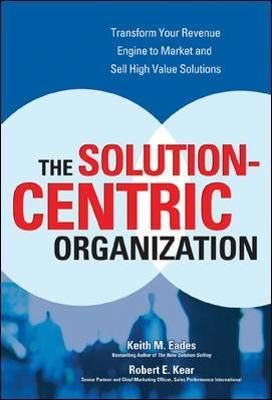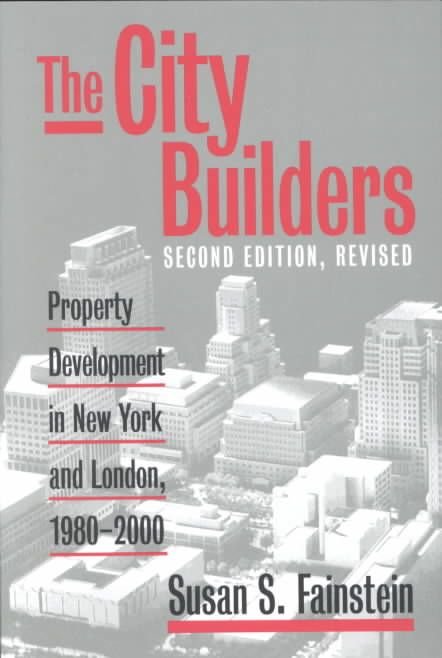Review Office automation and associated hardware and software technologies are producing significant changes in traditional typing, printing, and publishing techniques and strategies. The long term impact of current developments is likely to be even more far reaching as reducing hardware costs, improved human-computer interfacing, uniformity through standardization, and sophisticated software facilities will all combine together to provide systems of power, capability and flexibility. The configuration of the system can be matched to the requirements of the user, whether typist, clerk, secretary, scientist, manager, director, or publisher. Enormous advances are currently being made in the areas of publication systems in the bringing together of text and pictures, and the aggregation of a greater variety of multi-media documents. Advances in technology and reductions in cost and size have produced many ‘desk-top’ publishing systems in the market place. More sophisticated systems are targeted at the high end of the market for newspaper production and quality color output. Outstanding issues in desk-top publishing systems include interactive editing of structured documents, integration of text and graphics, page description languages, standards, and the human-computer interface to documentation systems. The latter area is becoming increasingly important: usability by non-specialists and flexibility across application areas are two current concerns. One of the objectives of current work is to bring the production of high quality documents within the capability of naive users as well as experts.












